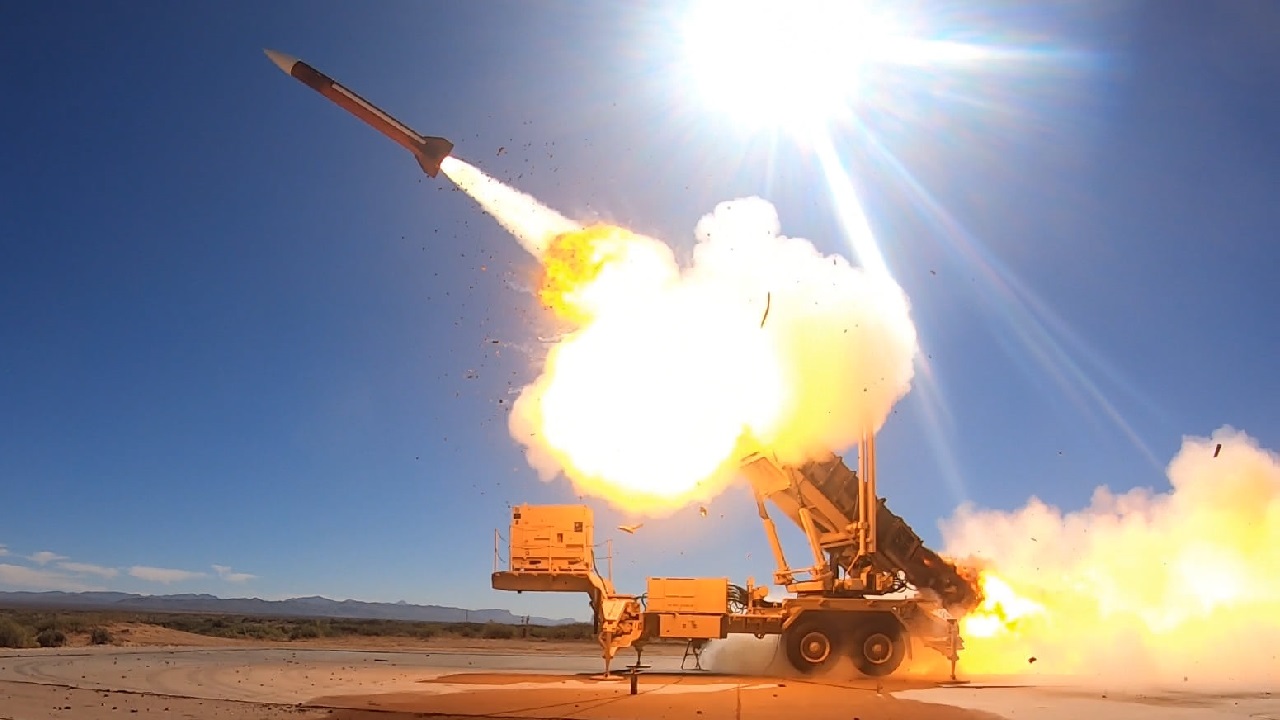Ukraine Suggests Attacks Could Hit Moscow, St. Petersburg – Following Russia’s full embrace of the bombardment of civilian and energy infrastructure by missile and drone attacks, one Ukrainian presidential adviser said this week that similar attacks on Russian cities could occur in the future.
Mykhailo Podolyak, an adviser to Ukrainian President Volodymr Zelenskyy, said last week that the escalation of the war into Russian territory was bound to happen now.
“Internal escalation of the war in Russia is inevitable,” Podolyak said.
The presidential adviser went on to warn that Russia shouldn’t just watch out for strikes in territories close to the Ukrainian border, but suggested that the country’s biggest cities could soon witness their own strikes.
“Cities that are pampered, lazy, that thought they lived in a different reality, such as Moscow, St. Petersburg, and Yekaterinburg, will be subject to strikes.”
Importantly, Podolyak did not say that Ukraine would carry out the attacks, insisting that there are no plans in Kyiv to direct Ukrainian soldiers to launch attacks deeper into Russian territory. Instead, Podolyak said that the “logic of war” means that big attacks are almost certainly going to happen.
“Various blows will be dealt to various targets. Why, by whom, and what for? That’s another question,” Podolyak also said.
Will Ukraine Launch Attacks?
Podolyak might have said that Ukraine won’t launch these attacks, but it’s not uncommon in war for one side to deny responsibility for major attacks. The Kremlin has repeatedly denied responsibility for major missile strikes on residential buildings, and Kyiv has even held back from taking responsibility for some major strikes on Russian positions and territory on several occasions.
Podolyak’s words may be a threat and an effort to make Russia rethink its tactic of bombarding cities with anti-ship missiles and other highly destructive, non-precise rockets. His words may also be an indication that the Ukrainian military is in fact preparing these strikes, and that Kyiv is prepared to deny responsibility at the same time.
The Daily Beast reports that Podolyak’s comments came as Russian authorities in Moscow were seen installing air defense systems on the rooftops of building in the city. The move could be entirely precautionary, and Podolyak’s words could therefore be opportunistic. It could, however, be a real threat that Russia now anticipates.
This Is What the West Didn’t Want
If Ukrainian troops do conduct strikes on Russian cities, and if Kyiv does deny it, there may be another motivation: not escalating the war.
Western leaders for a long time held off on supplying NATO-standard, advanced weapons to Ukraine over fears that Russia would consider it an escalation. Then, the United States refused to supply the long-range missile systems Ukraine requested over fears that they could be used to launch strikes deep into Russian territory.
Knowing that Russia could broaden the scope of the so-called “special military operation,” Western leaders for a long time did all they could to prevent Russia from deeming military support an escalation.
Even with Germany now agreeing to send advanced tanks to Ukraine and with the United States also sending Patriot missile systems, however, the dynamics have not changed so much that missile strikes in Moscow or St. Petersburg would not be considered to be escalatory. Moscow would almost certainly blame the West for strikes on any major Russian city.
MORE: Why Putin Fears the M1 Abrams Tank
MORE: I Went to War in the Leopard 2 Tank Ukraine Wants
MORE: World War III – Where Could It Start?
MORE: A U.S.-China War Over Taiwan Would Be Bloody
Jack Buckby is 19FortyFive’s Breaking News Editor. He is a British author, counter-extremism researcher, and journalist based in New York. Reporting on the U.K., Europe, and the U.S., he works to analyze and understand left-wing and right-wing radicalization, and reports on Western governments’ approaches to the pressing issues of today. His books and research papers explore these themes and propose pragmatic solutions to our increasingly polarized society.

